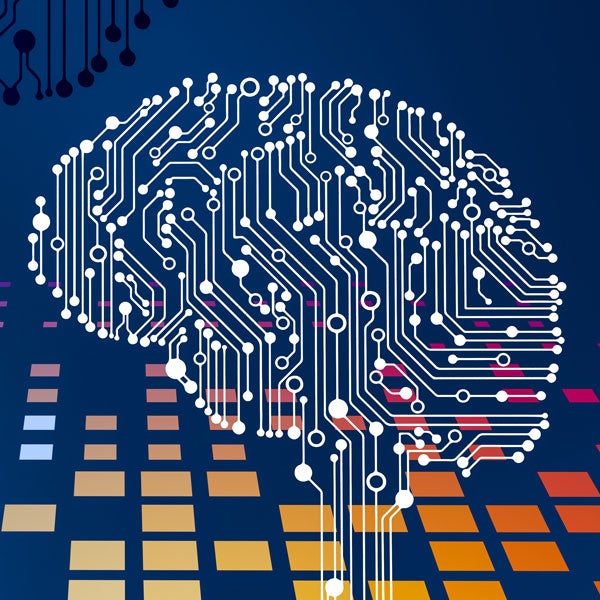Wearable technologies provide vital healthcare solutions for patients who rely on assistive care, including elderly individuals, people with disabilities, patients undergoing rehabilitation, those requiring close medical monitoring, and individuals managing mental health conditions. Wearable devices offer significant promise in advancing assistive technologies: wearable sensors offer real-time feedback regarding medically relevant biomarkers and signals, aiding in the early detection, prevention, and monitoring of diseases, while wearable actuators move the body or transmit haptic signals. Meanwhile, many passive and powered wearable devices, including orthoses, exosuits, and prostheses, combine sensing and actuation to provide responsive interactions that target a range of activities such as walking, bathing, eating, and dressing by augmenting, supplementing, or retraining capabilities including vision, hearing, mobility, and cognition.
